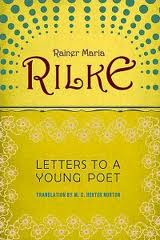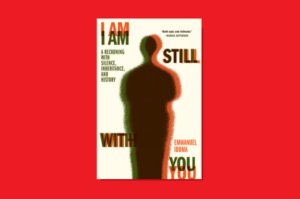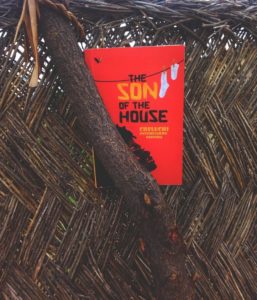 It is 1902 and Franz Kappus is in Vienna attending a military school. One day, he is sitting under a chestnut tree, reading a book by a poet called Rainer Maria Rilke. A chaplain walks up to him. Seeing who Mr. Kappus is reading, he tells him that he knows Rilke. Rilke had attended that same military school a long time ago and had been one of his students. The chaplain describes Rilke as a quiet chap who kept mostly to himself. Soon after, Kappus decides to send Rilke poems he had written. He attaches to the first set of poems a letter and shares with Rilke his private struggles with the solitary life of the military academy, the uncertain prospects of a military profession, and his dream of becoming a poet. Letters breed more letters and by 1908 Rilke has sent 10 letters to young Mr. Kappus. These letters are collected in a book called Letters to A Young Poet.
It is 1902 and Franz Kappus is in Vienna attending a military school. One day, he is sitting under a chestnut tree, reading a book by a poet called Rainer Maria Rilke. A chaplain walks up to him. Seeing who Mr. Kappus is reading, he tells him that he knows Rilke. Rilke had attended that same military school a long time ago and had been one of his students. The chaplain describes Rilke as a quiet chap who kept mostly to himself. Soon after, Kappus decides to send Rilke poems he had written. He attaches to the first set of poems a letter and shares with Rilke his private struggles with the solitary life of the military academy, the uncertain prospects of a military profession, and his dream of becoming a poet. Letters breed more letters and by 1908 Rilke has sent 10 letters to young Mr. Kappus. These letters are collected in a book called Letters to A Young Poet. 
Below is an except from Letter VIII, written in Sweden in 1904. In this particular correspondence, Rilke is puzzled that people run away from solitude, difficulties, and sorrows. We tend to be drawn towards familiar places, to seek the security of company, and to shy away from things we do not understand. But all these, Rilke thinks, are delusions. If we do not want a life of “unspeakable monotony and boredom,” we must find “the courage to face the strangest, most unusual, most inexplicable experiences that can meet us.” Rilke wants us to put the familiar world of whatever–home, nation, language, etc,–on hold for a moment and instead love the strange, the dangerous, and the not-too-easy.
To drive this point home, Rilke evokes the metaphor of space in a rather striking way. And the reference to Edgar Allan Poe’s The Pit and The Pendulum is unsettling but lovely nonetheless:
For if we imagine this being of the individual as a larger or smaller room, it is obvious that most people come to know only one corner of their room, one spot near the window, one narrow strip on which they keep walking back and forth. In this way they have a certain security. And yet how much more human is the dangerous insecurity that drives those prisoners in Poe’s stories to feel out the shapes of their horrible dungeons and not be strangers to the unspeakable terror of their cells. We, however, are not prisoners. No traps or snares have been set around us, and there is nothing that should frighten or upset us…We have no reason to harbor any mistrust against our world, for it is not against us. If it has terrors, they are our terrors; if it has abysses, these abysses belong to us; if there are dangers, we must try to love them. And if only we arrange our life in accordance with the principle which tells us that we must always trust in the difficult, then what now appears to us as the most alien will become our most intimate and trusted experience.
How could we forget those ancient myths that stand at the beginning of all races, the myths about dragons that at the last moment are transformed into princesses? Perhaps all the dragons in our lives are princesses who are only waiting to see us act, just once, with beauty and courage. Perhaps everything that frightens us is, in its deepest essence, something helpless that wants our love.
Photo credits: danmihalache.wordpress.com









COMMENTS -
Reader Interactions